The ways to generate, protect, and transmit knowledge differs between knowledge systems. In scientific knowledge systems, it is structured around universities, departments, PhD-educations, and publications in scientific journals. In an Indigenous knowledge system, the institutions guarding the knowledge may be the elders, training to become a leader, rituals and practices applying knowledge for example in farming or beekeeping. This matters for how learning happens; who is guiding the learning, how knowledge transmission is going on, and how validation occurs.
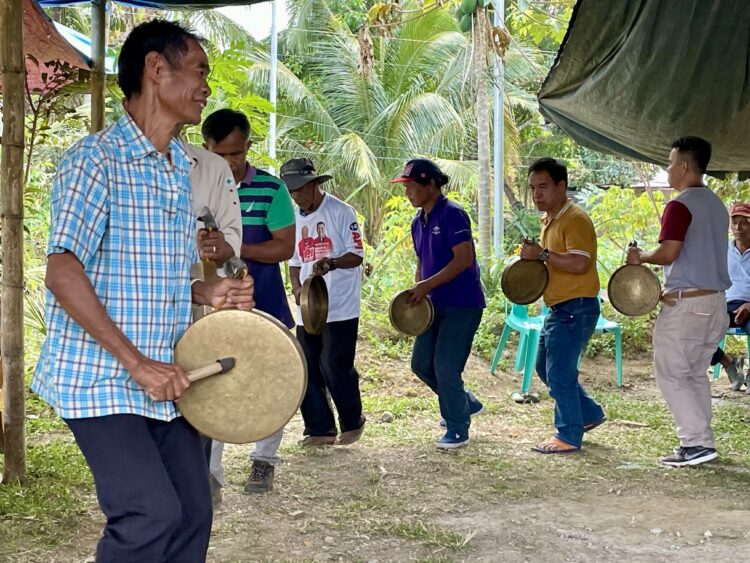
Knowledge needs to be embedded in an institutional context that enables application and learning from experience over time. Activities and interactions within Indigenous and local knowledge systems take place within diverse social contexts, where customary institutions influence knowledge transmission and validation. Intellectual and cultural rights are often attached to knowledge, and must be accounted for in decisions about how, when and under what conditions knowledge can be shared. The social and historical contexts of colonization, suppression or abuse of cultures and customary laws needs to be taken into account as institutions may need to be revived and/or strengthened to ensure inclusiveness and democratic participation.
A key defining characteristic of Indigenous and local knowledge is that it is at least constituted, and often both controlled and managed by, Indigenous peoples and local communities through formal and informal institutions (Agrawal 1995, 2002). Thus, it is critical to recognize that knowledge that is taken out of its context and transformed into new modes may cause harm (as well as benefit) to the knowledge holders and their institutions. Indigenous methodologies are approaches undertaken by the knowledge holders themselves, and thus firmly embedded in their worldviews, reflecting their reality, history and lived experiences. Knowledge sharing and learning within can also strengthen Indigenous institutions.
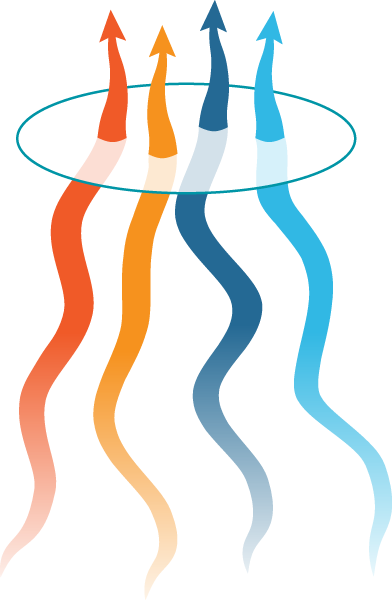
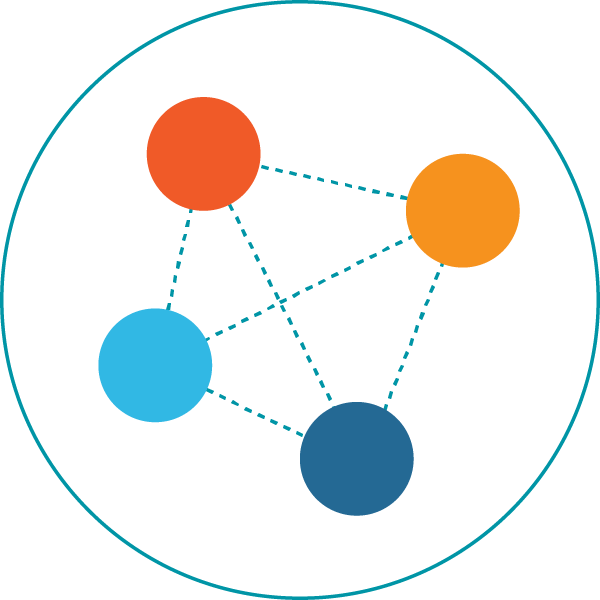
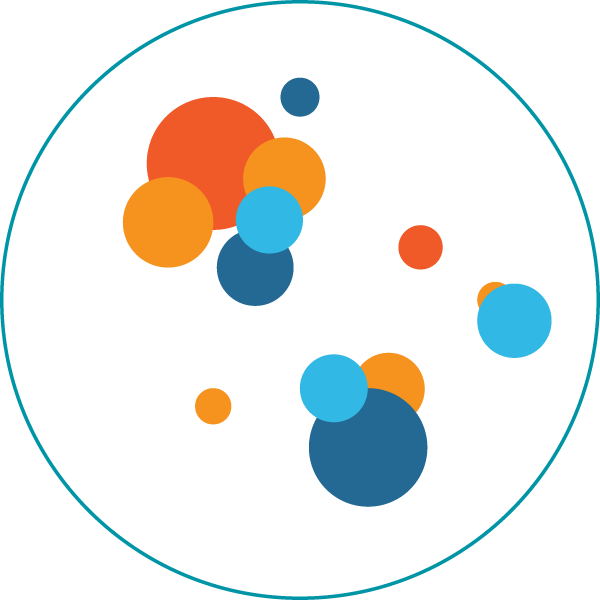

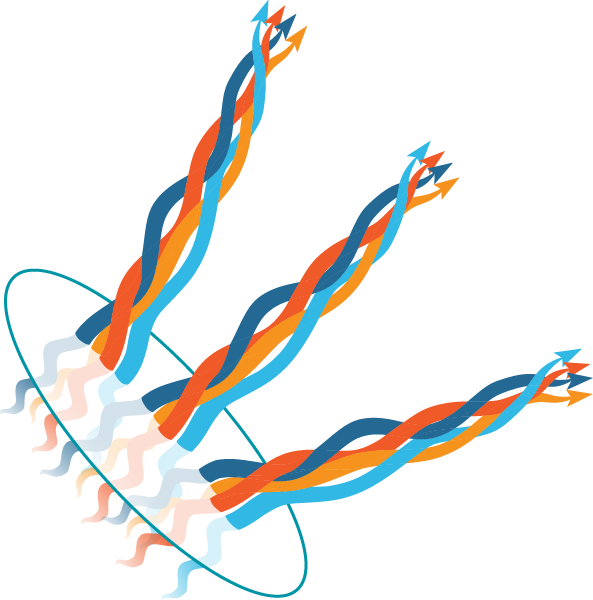
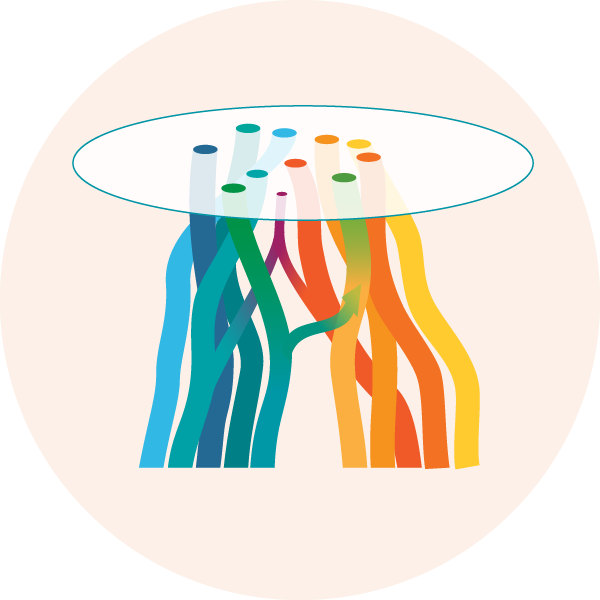


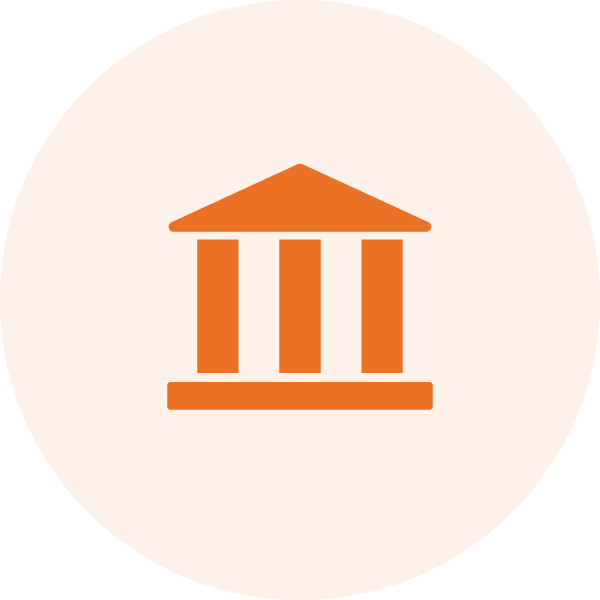
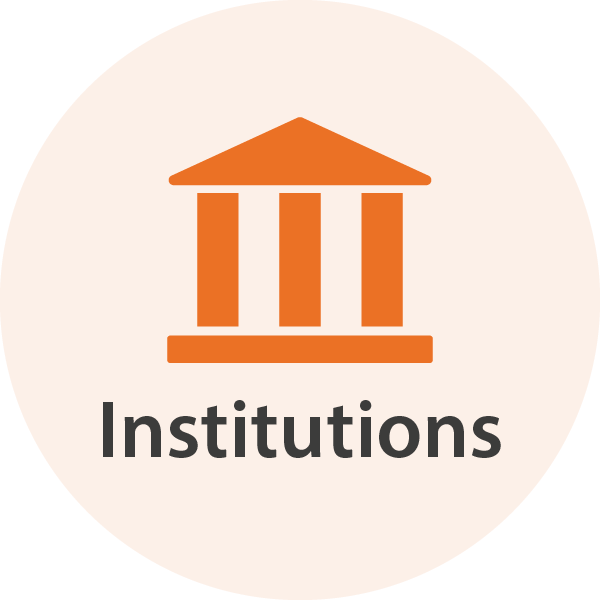
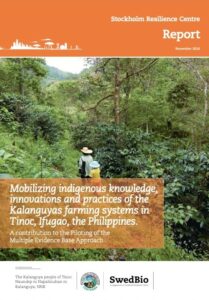 Mobilizing indigenous knowledge, innovations and practices of the Kalanguyas farming systems in Tinoc, Ifugao, the Philippines
Mobilizing indigenous knowledge, innovations and practices of the Kalanguyas farming systems in Tinoc, Ifugao, the Philippines